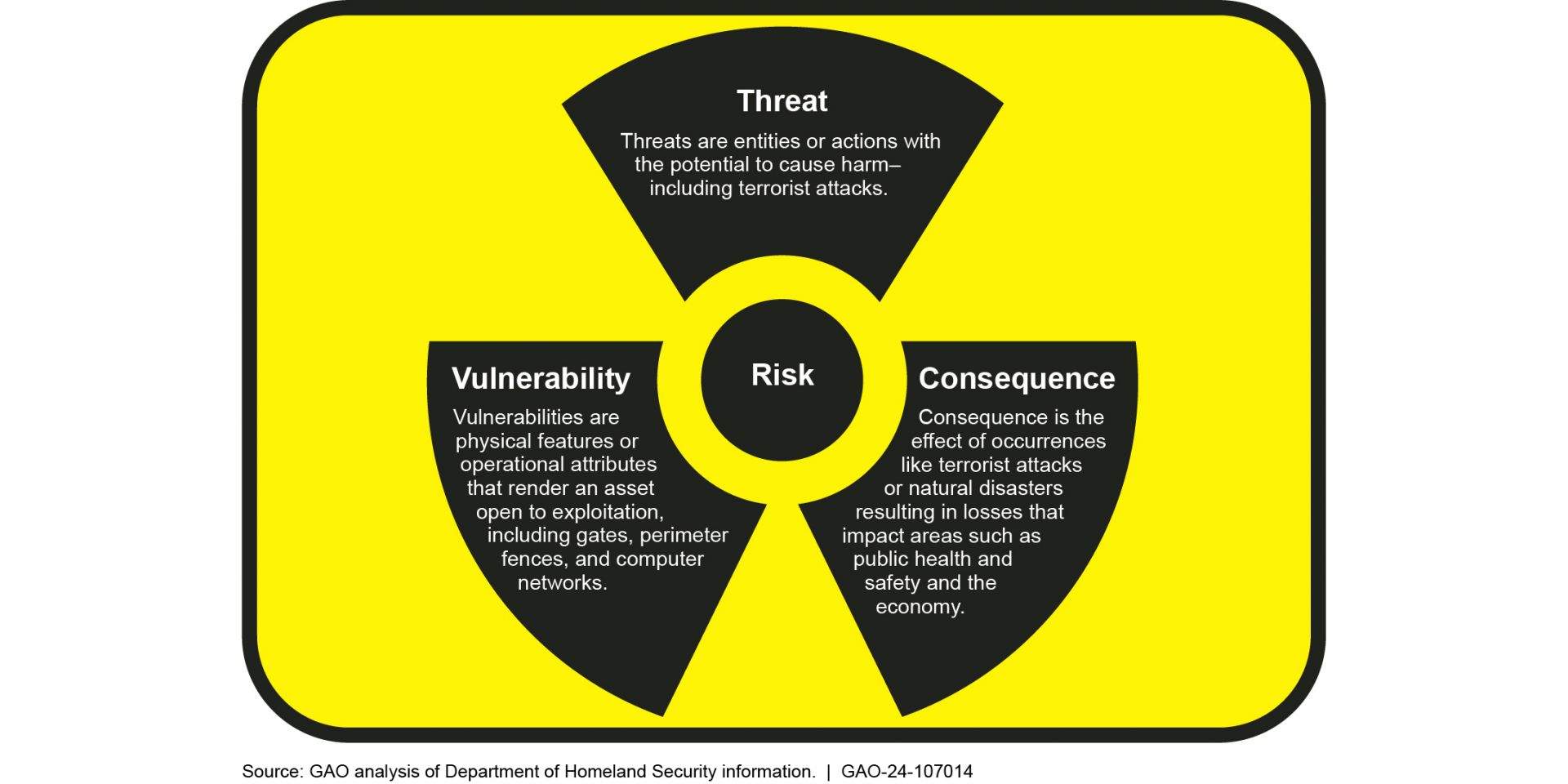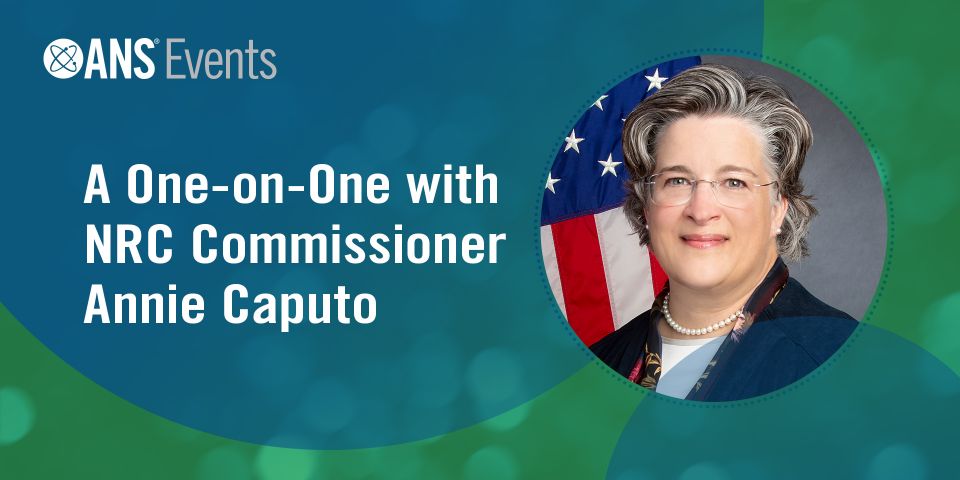The three elements of radioactive material risk (Image: U.S. GAO)
A new report from the U.S. Government Accountability Office finds that the Nuclear Regulatory Commission has not taken the steps needed to address the potential economic and societal radiological risks that could arise from a “dirty bomb.”
While unlikely, a dirty bomb—a weapon that combines conventional explosives with radiological material—could be deployed in the United States. Any such detonation could lead to large areas being cut off from any kind of access. The GAO and other agencies said the use of those devices could result in up to $30 billion in damages and economic losses.
The NRC has not implemented the majority (11 of 18) of the GAO’s recommendations made between 2012 and 2024. Specifically, the GAO report calls out the agency for not incorporating considerations of socioeconomic consequences into its regulations.
Why do the report? “Terrorists’ ability to obtain radioactive materials for use in a radiological dispersal device—also known as a dirty bomb—has been of particular concern for federal agencies since the attacks of September 11, 2001. Such a device could cause significant socioeconomic damage, including long-term economic lockout of the affected area,” according to the GAO.
Pointing to a 2021—22 test that created fake businesses to fraudulently obtain radioactive materials, the GAO report concludes that the NRC has no plans to implement its recommendations to remediate demonstrated gaps its regulations that could be exploited by bad actors.
The recommendation: The GAO lists after the conclusion two “matters for congressional consideration” that it would like Congress to direct the NRC to do:
- Incorporate socioeconomic consequences into relevant decision-making and regulations.
- Require that all Category 3 radioactive materials and licenses be tracked through a central system, and all Category 3 licenses be subject to stronger verification measures.
The NRC neither agreed nor disagreed with the report, but the GAO maintains that actions are needed.







